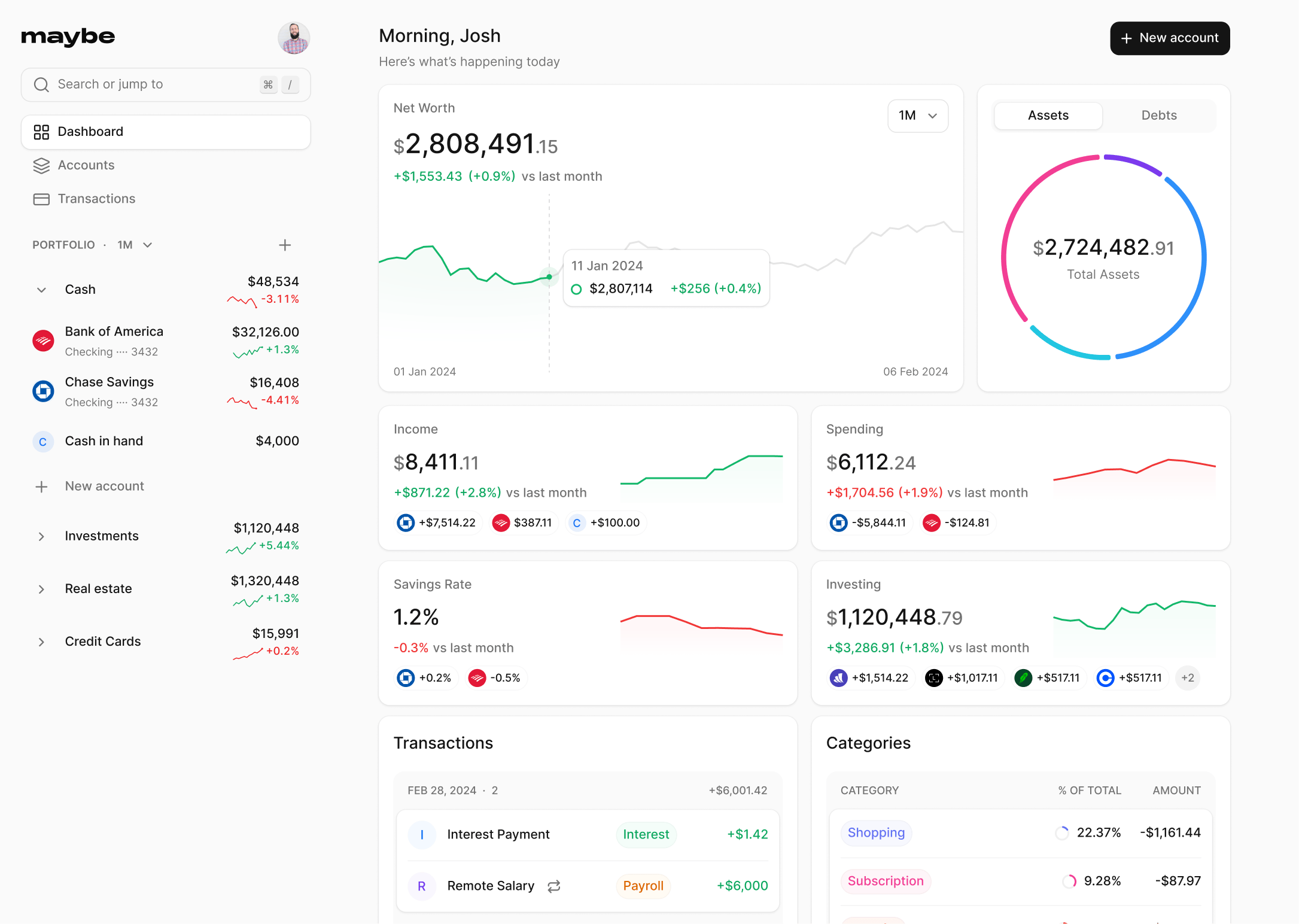Financial Terms / C - D / Capital gains
Capital gains
In simple terms, any profit you attain from selling an asset above the price you bought it for is called a capital gain. Capital gains are classified into short-term capital gains - in which you buy an asset and sell it within a year for a profit, and long-term capital gains - in which you sell the asset for a profit after a year of buying it.
Discover more financial terms
Join the Maybe  waitlist
waitlist
Join the waitlist to get notified when a hosted version of the app is available.
